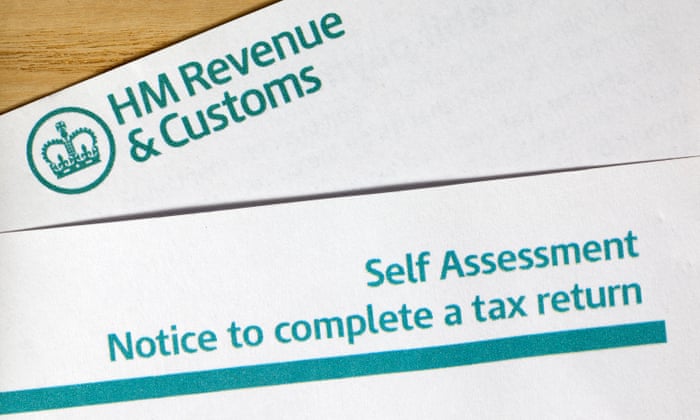-
By miguel-ingles
- In Uncategorized
The sole trader’s tax declaration process differs in some respects from the registered company’s one. Additionally, several tariffs are exclusive to those entrepreneurs who work by themselves. In this article, I explain how to pay taxes as a sole trader in the UK.

How to File a Self-Assessment Tax Return in the UK
Those sole traders whose yearly income is above 1000 GBP or if they must pay the Capital Gains Tax, must file a self-assessment tax return to pay Income Tax.
The first step will be to tell His Majesty’s Revenue and Customs (HMRC) that you have to send a tax return. To do so, you need to create an account. You can do it online or by post. If you skip this process, HMRC can levy a fine. After this, you will receive the UTR number, and you will get to know the deadline to file the self-assessment tax return.
Once the declaration was sent, you must pay the corresponding taxes. The next deadline is set for the 31st of January 2026. You can be fined if you reimburse the tariffs late.
How to Pay Taxes as a Sole Trader in the UK
VAT in the UK
VAT is a tax that levies consumption and is similar to other ones that are in effect in other countries. An example would be Spain’s IVA. You have to take into consideration that there are different rates for distinct products. For most articles and services, authorities apply a 20%. For health and energetic products, a 5%. At last, food and books are taxed with a 0% of VAT.
It is a duty that the final customers of the production and sale chain pay, but that companies collect. The businesses, each quarter, must declare the money they have gathered as VAT to the HMRC if their annual income surpasses 90 000 GBP in a 12-month period. If an enterprise has registered into VAT, it can deduce this tax that it has paid for the products purchased that it will sell to their customers.
In this article, you can find more information about VAT in the UK.
How to Pay Income Tax as a Sole Trader in the UK
The Income Tax in the UK is a tariff that everyone has to pay, regardless of their workplace or the sector they labour in. Depending on their annual income, they will have to pay a certain rate.
Sole traders also must make advance payments on account towards the following fiscal year. The tax rate is based on the previous year and, if you pay more than you should have, the administration will give you back the excess amount. You will not have to file these advance payments only if your last self-assessment tax bill was lower than 1000 GBP or if you had already paid more than 80% of the levies you had to.
In the following article, you can check the different rates that you must pay depending on your annual income.
Capital Gains Tax in the UK
A sole trader must pay the Capital Gains Tax when they have sold assets whose value has increased since they purchased it. The fee you must settle will be calculated over the difference between the acquisition and liquidation of the good. For example, if you bought a product for 10 000 GBP and sold it for 15 000 GBP, authorities only take into consideration the 5000 GBP difference among the two values. A sole trader must pay this levy if their annual profits are superior to the set annual deductions (3000 GBP).
Depending on the Income Tax rate you pay, the Capital Gains Tax’s will vary. You can check them in this website.
You declare the Capital Gains Tax during the self-assessment tax return process. The only exception is if you sell a residential property. In that case, you must contact HMRC and pay the corresponding fee earlier than 60 days before the sale of the building.
National Insurance Fees in the UK
Authorities use contributions towards the National Insurance to defray public services and several subsidies in the UK. For example, healthcare, pensions or government organizations.
If you work as a sole trader with no hired employees, you should consider the following rates:
- Class 2. If the annual profits surpass 6845 GBP, you must pay 180 GBP per year.
- Class 4. If you earn profits in a year superior to 12 570 GBP and inferior to 50 270 GBP, then you must pay a 6% of the capital gains and an extra 2% if they exceed the top margin.